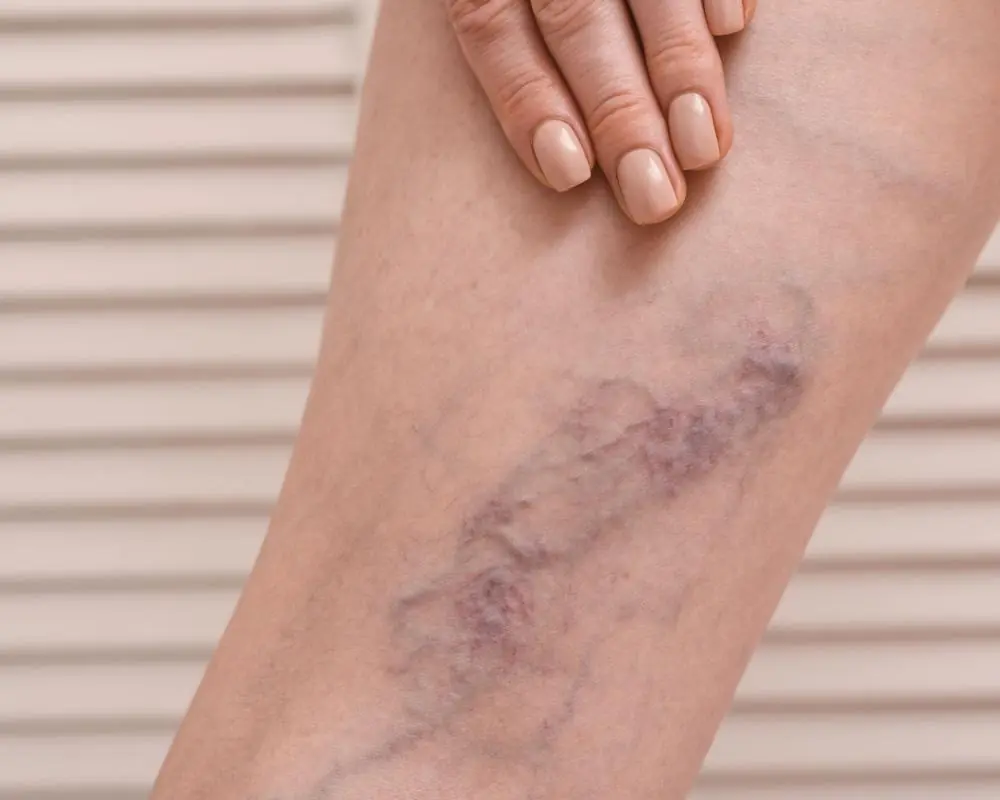
Few Know This Trick To Stop Uric Acid Crystals From Destroying Joints
Gout, a form of inflammatory arthritis, is often described as one of the most painful joint conditions a person can experience. It occurs when uric acid levels in the blood become too high, causing sharp, needle-like crystals to accumulate in the joints. These crystals trigger intense inflammation, swelling, redness, and severe pain—often starting in the big toe. Although gout is common, many people still don’t fully understand what drives it or how simple lifestyle adjustments can significantly reduce the risk of flare-ups. This is why the idea that “few know this trick” resonates: many are unaware of crucial steps that help prevent uric acid crystals from damaging their joints.
Uric acid is a natural waste product formed when the body breaks down purines, which are found in certain foods and also produced naturally in the body. Under normal circumstances, uric acid dissolves in the blood and is eliminated through the kidneys. However, when the body produces too much uric acid, or when the kidneys cannot remove enough of it, the excess begins to crystallize. These tiny, sharp crystals settle into joint spaces, creating the inflammation that characterizes gout attacks.
One of the most effective but lesser-known “tricks” to help the body manage uric acid levels is consistent hydration. Drinking enough water helps the kidneys filter uric acid more efficiently, reducing the likelihood that it will accumulate and crystallize. While hydration alone cannot cure gout, it plays a critical role in maintaining healthy uric acid levels and preventing flare-ups. Many people underestimate how much water they need daily, especially if they consume salty foods, alcohol, or caffeinated beverages—all of which can affect hydration status.
Another helpful practice is maintaining steady eating habits rather than consuming large, heavy meals. Sudden spikes in purine intake—such as overeating red meat, organ meats, or seafood—can cause uric acid levels to rise abruptly. By eating reasonable portions and balancing meals with vegetables, whole grains, and lean proteins, individuals reduce the strain on their metabolic system. Small, consistent changes often have greater long-term impact than strict, short-lived diets.
It is also important to understand that sugar, especially fructose, plays a larger role in uric acid production than many people realize. Sweetened beverages, packaged desserts, and processed snacks can raise uric acid levels just as dramatically as high-purine foods. Reducing sugary drinks and choosing whole, natural foods helps support healthy metabolism and lowers inflammation throughout the body.
Another powerful strategy involves regular physical activity. Exercise improves circulation, helps maintain a healthy weight, and reduces metabolic stress—all factors linked to gout risk. Excess body weight increases uric acid production and decreases the body’s ability to eliminate it. Even moderate daily activity, such as walking or stretching, can make a significant difference over time.
Though lifestyle choices can help support healthy uric acid levels, it is essential to remember that gout is a medical condition with both genetic and metabolic components. Some people produce more uric acid naturally, while others have kidneys that are less efficient at removing it. For individuals with frequent or severe gout attacks, medical evaluation is important. Healthcare professionals may recommend blood tests, dietary guidance, or medications that help regulate uric acid levels.
In the end, the “trick” that few people know is not a magical cure but a combination of awareness, consistent hydration, balanced eating, reducing sugar, and staying active. These small but meaningful habits can significantly reduce the formation of uric acid crystals and protect the joints from long-term damage. By understanding how the condition develops and making daily choices that support metabolic health, anyone at risk of gout can take powerful steps toward better joint health and overall well-being.
News in the same category

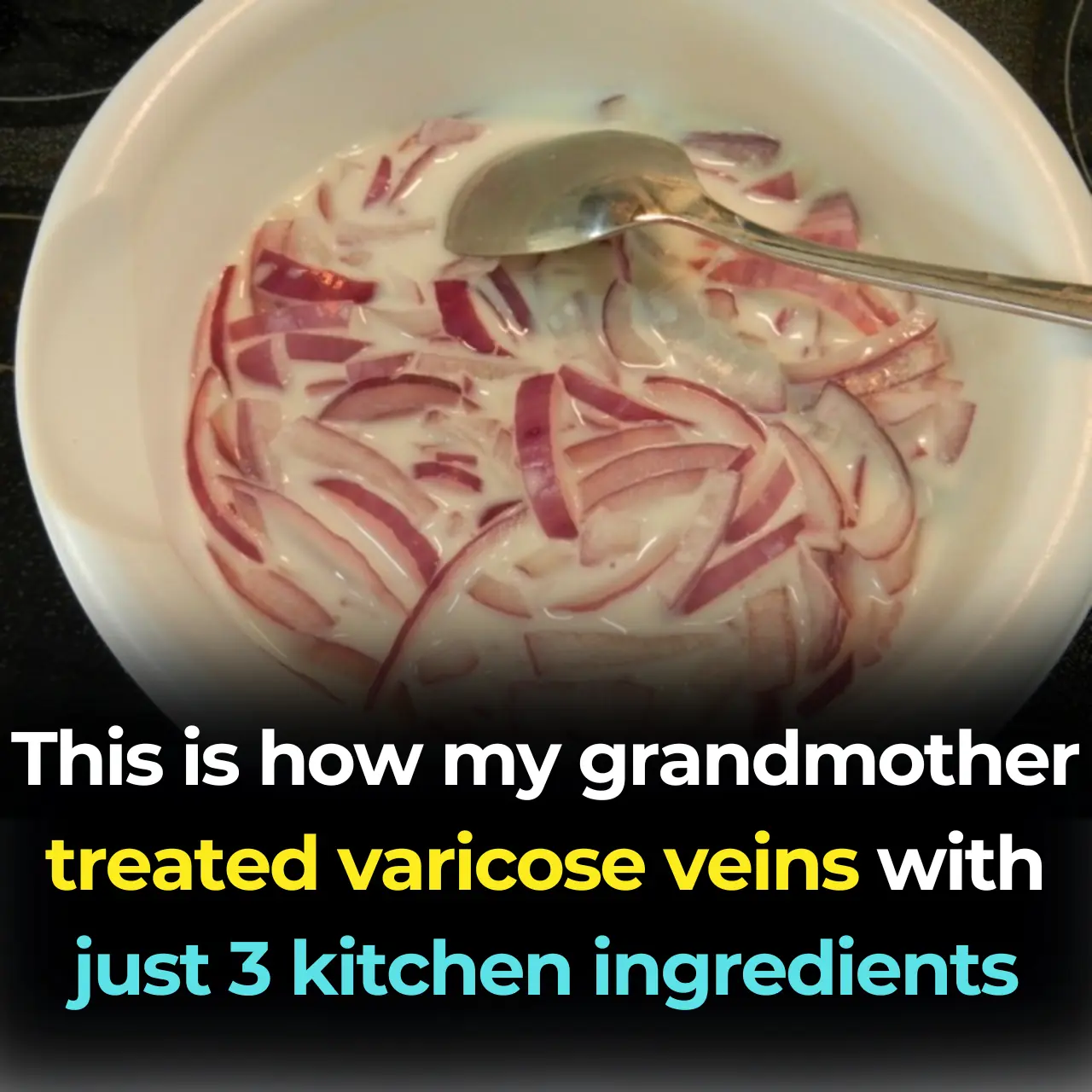
The Surprising Healing Power of Onion Milk
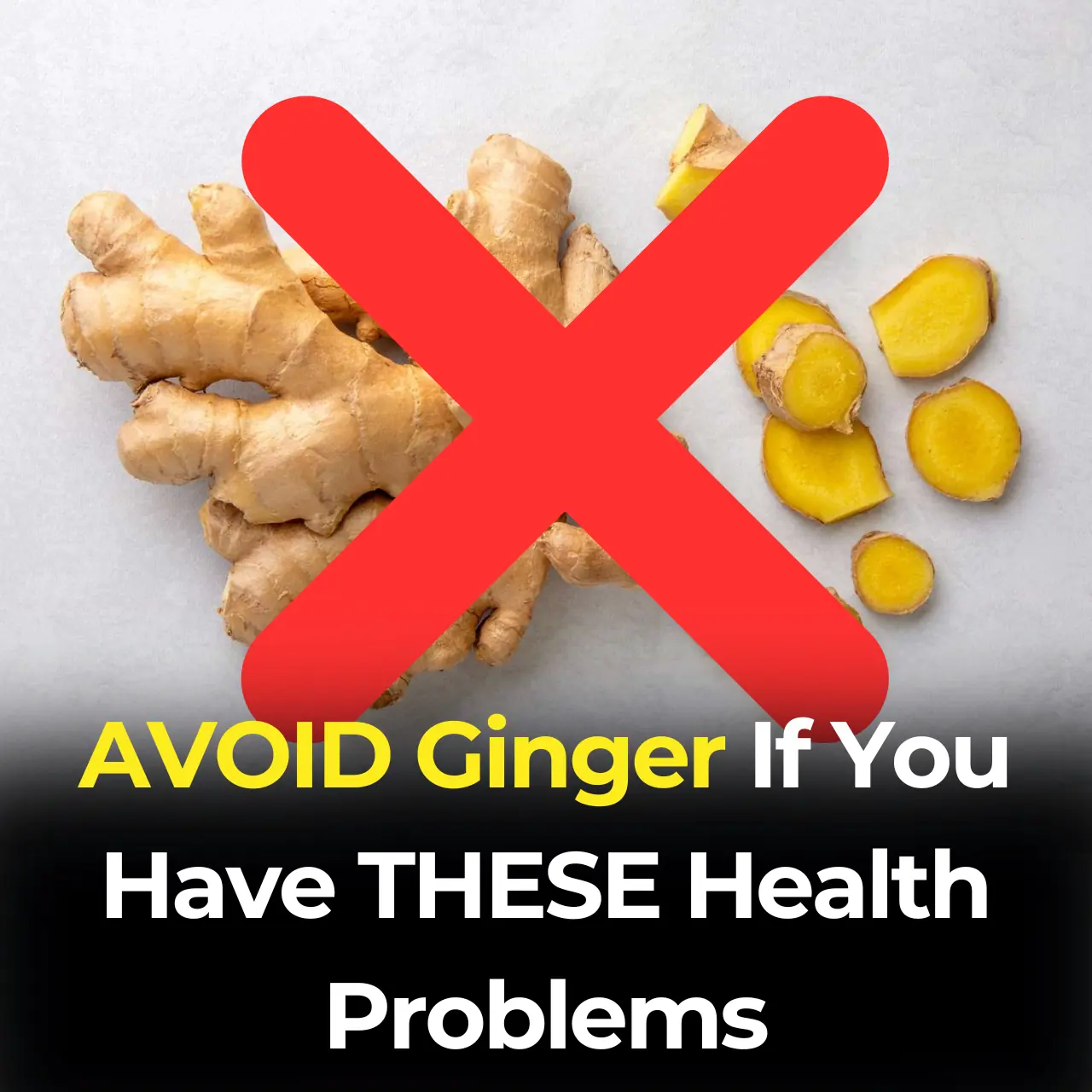
AVOID Ginger If You Have THESE Health Problems

12 medications you should never mix with coffee

Headache Above or Behind the Left Eye: Causes and Treatments
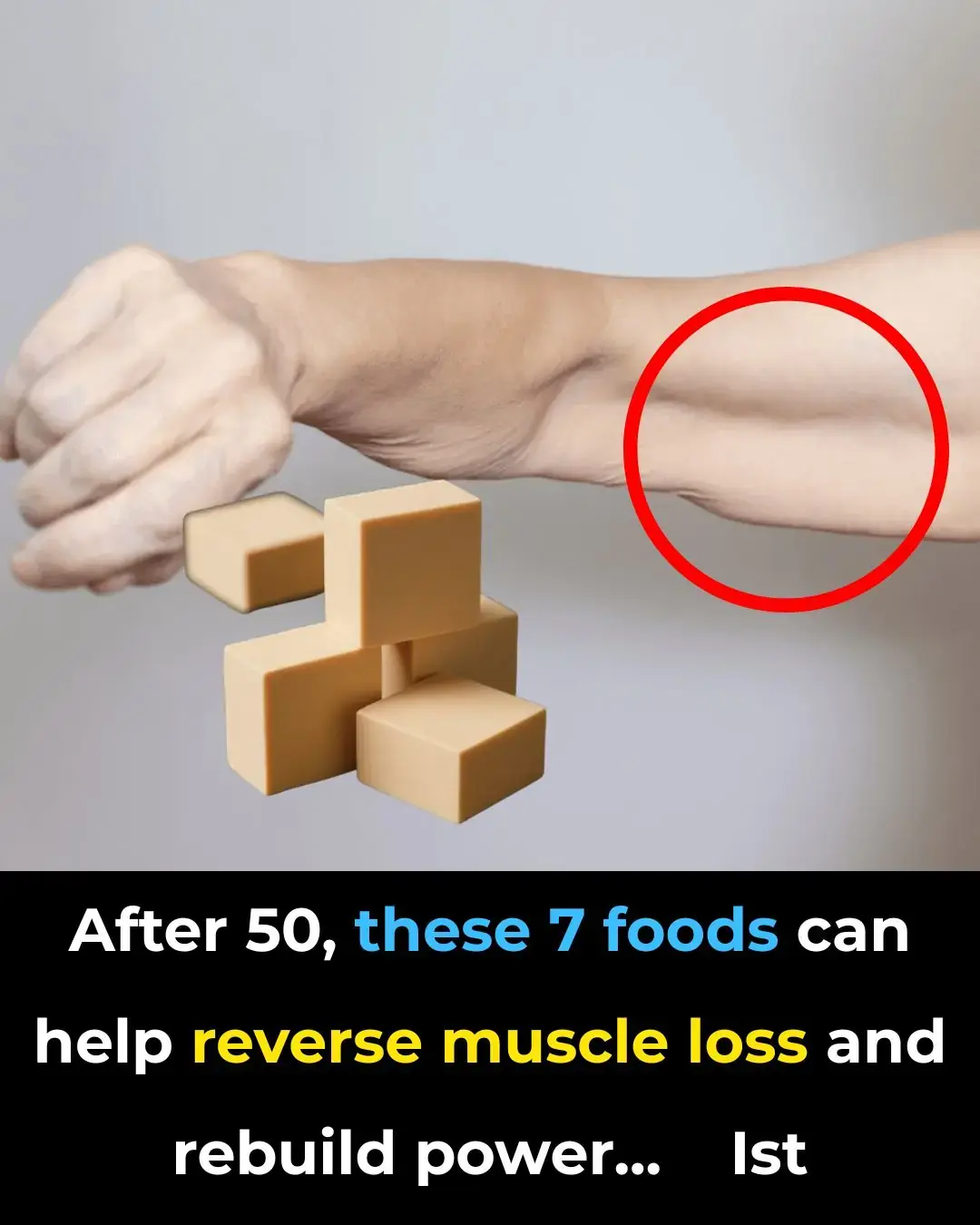
7 best foods to rebuild your muscle strength after 50

The B vitamin solution: lower blood pressure when medications fail

Take this one shot and watch what happens to your blood pressure

5 Unique Things You Only Experience When Loving an Older Woman
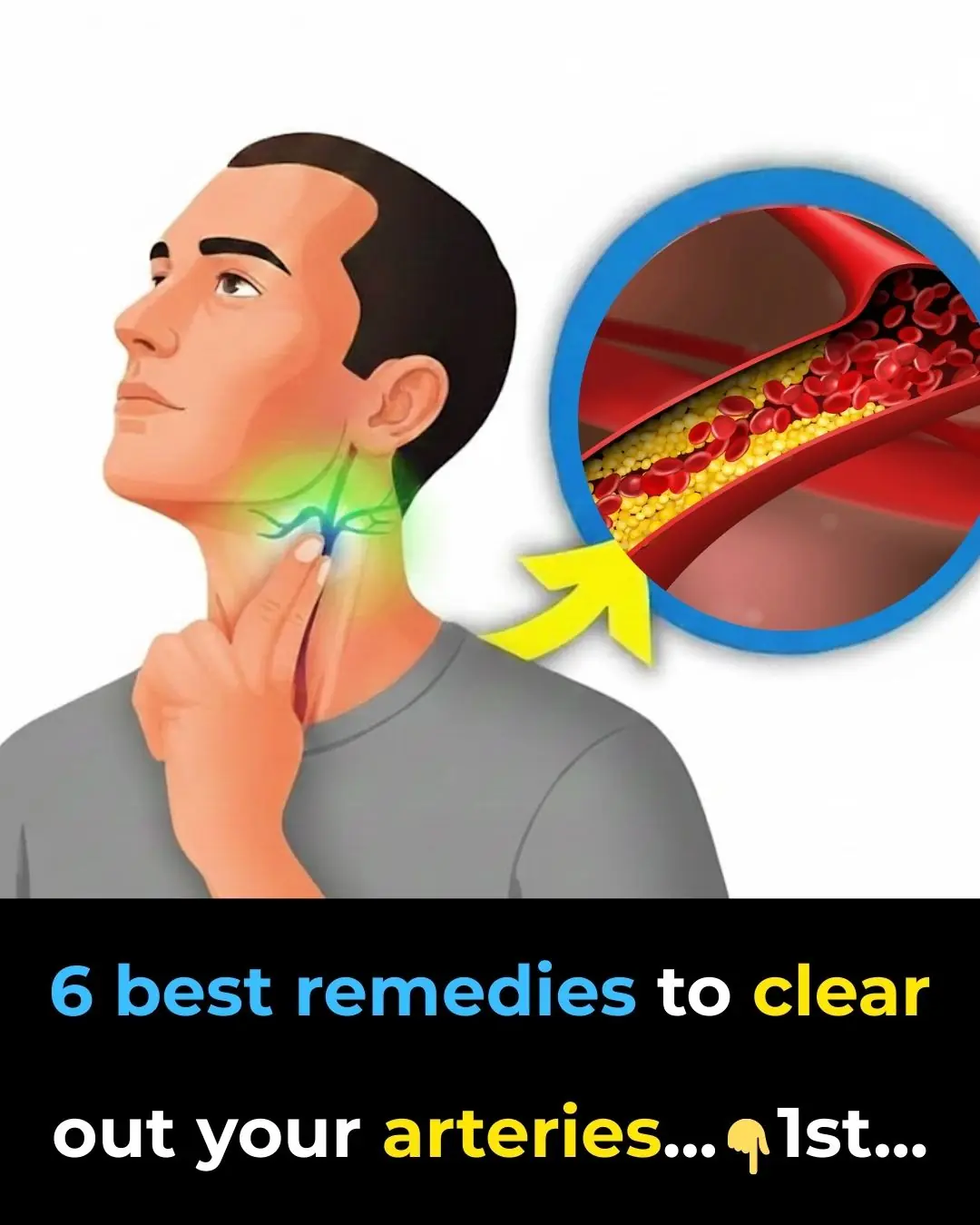
6 Best Remedies To Clear Out Your Arteries
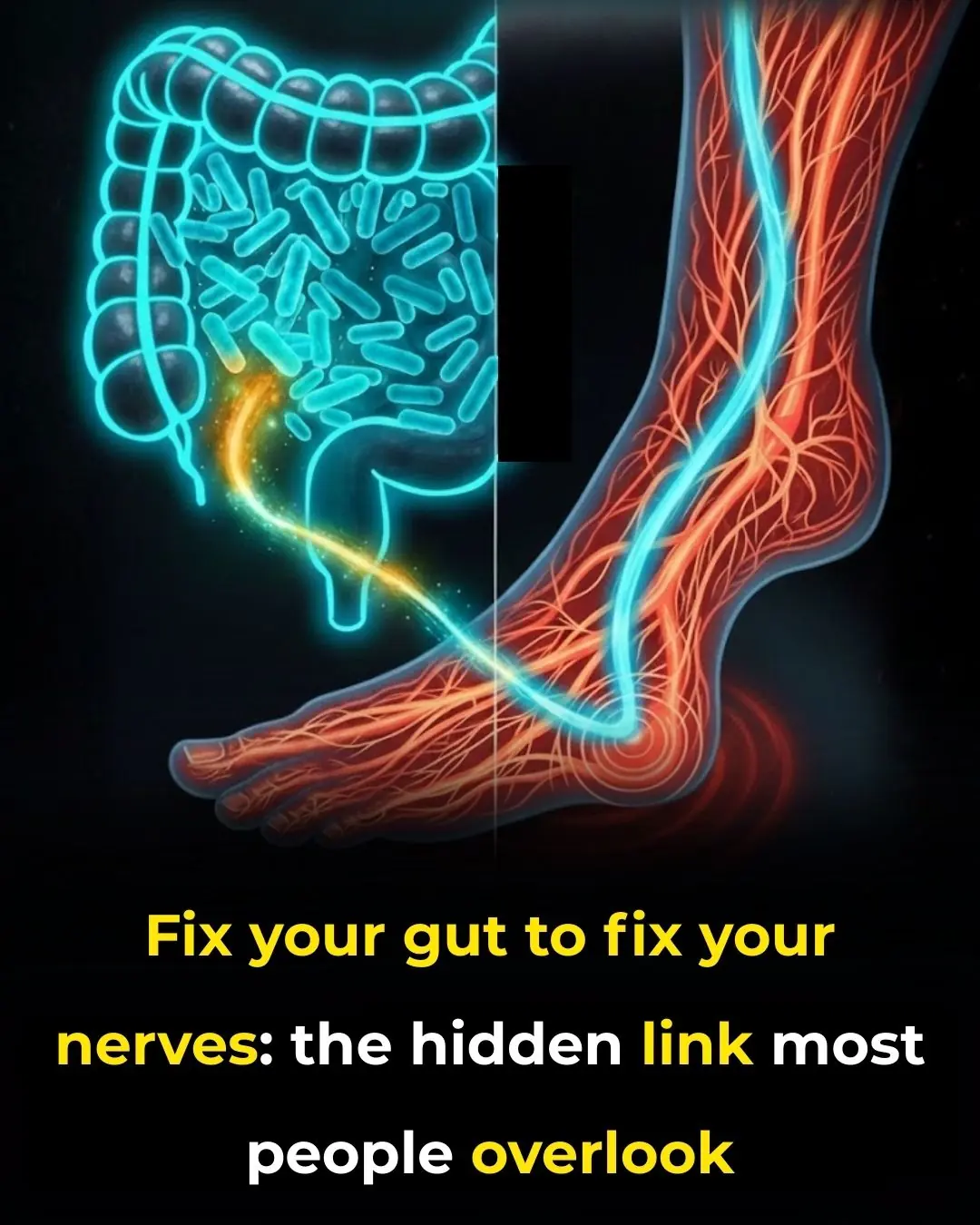
Fix your gut to fix your nerves: the hidden link most people overlook
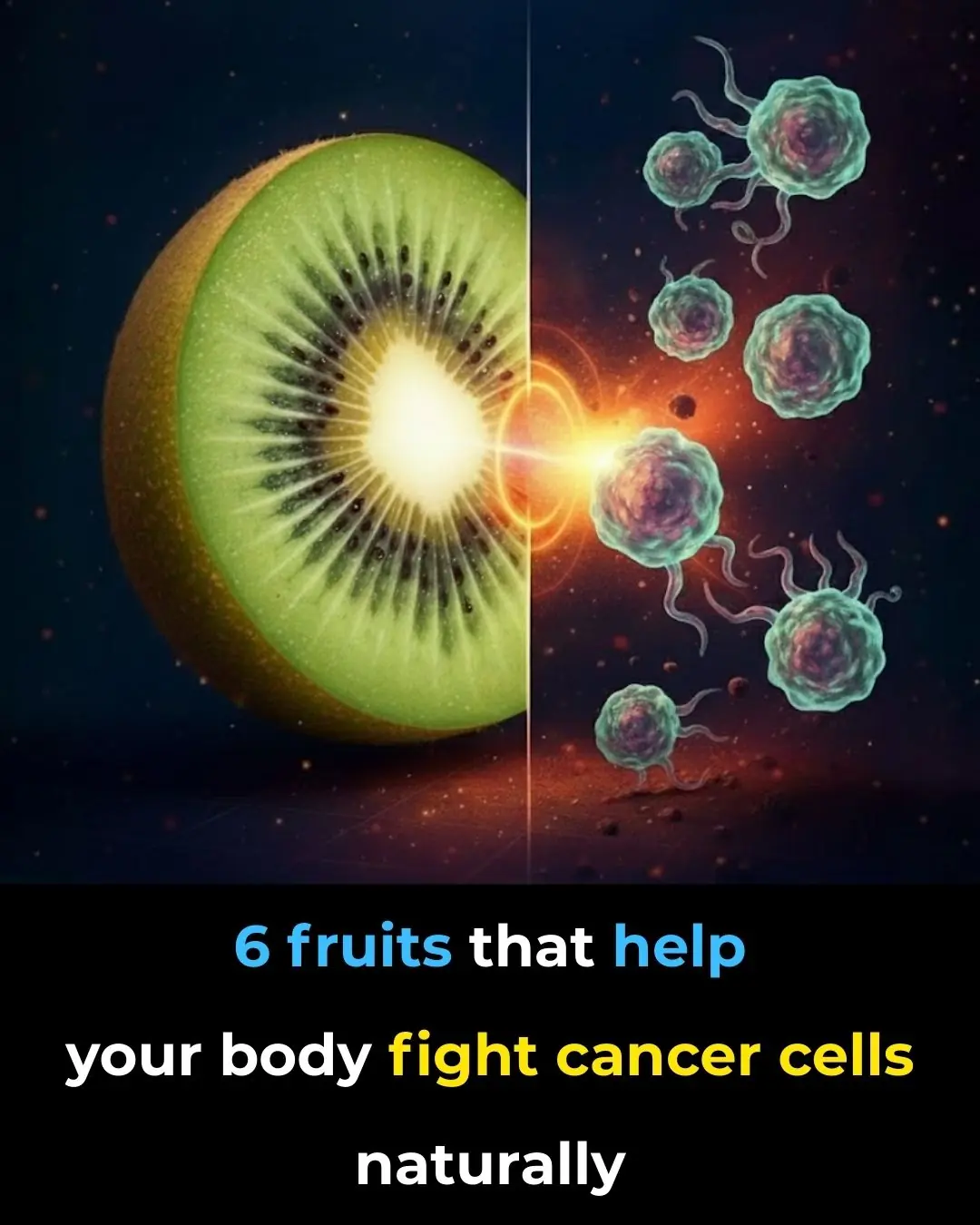
6 fruits that help your body fight cancer cells naturally

Warning Signs Your Magnesium, Potassium, and Calcium Levels Are OFF and How to FIX It!

Doctors reveal the no.1 supplement to reduce dementia risk

Top 5 veggies to detox your arteries & prevent heart attacks!
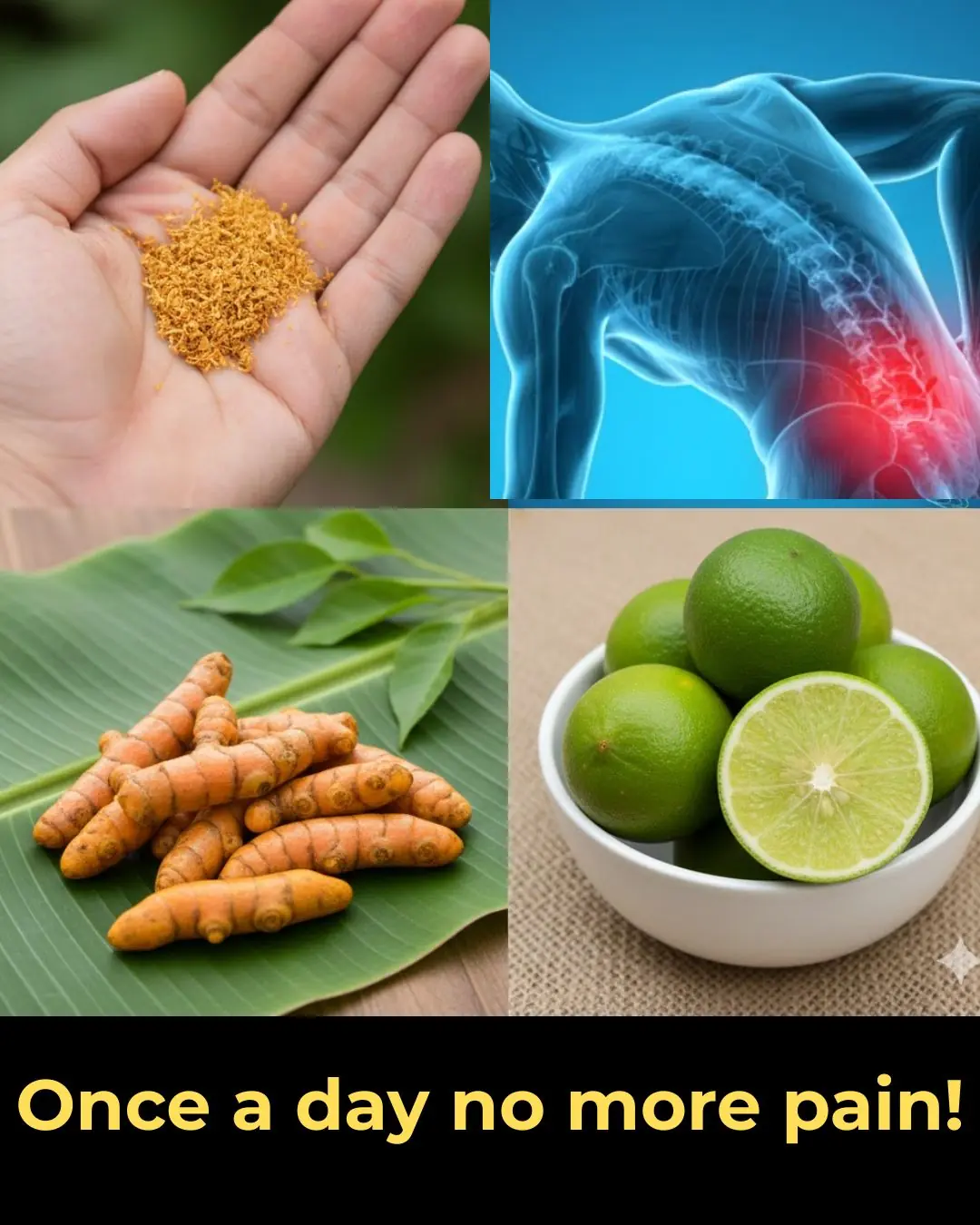
THIS SEED: AFTER 50, IT STRENGTHENS BONES & CURES ALL PAINS
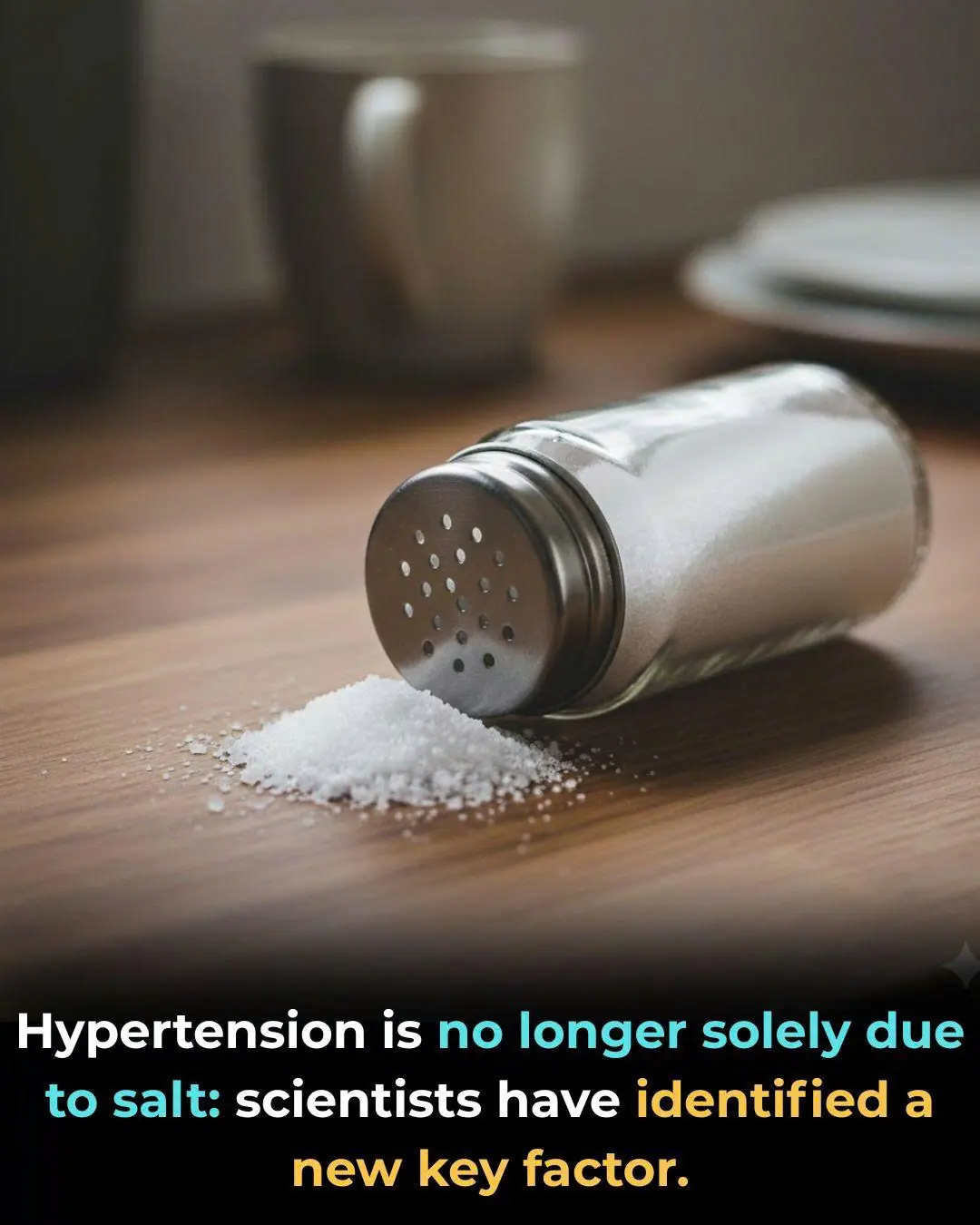
High Blood Pressure Has a New Culprit
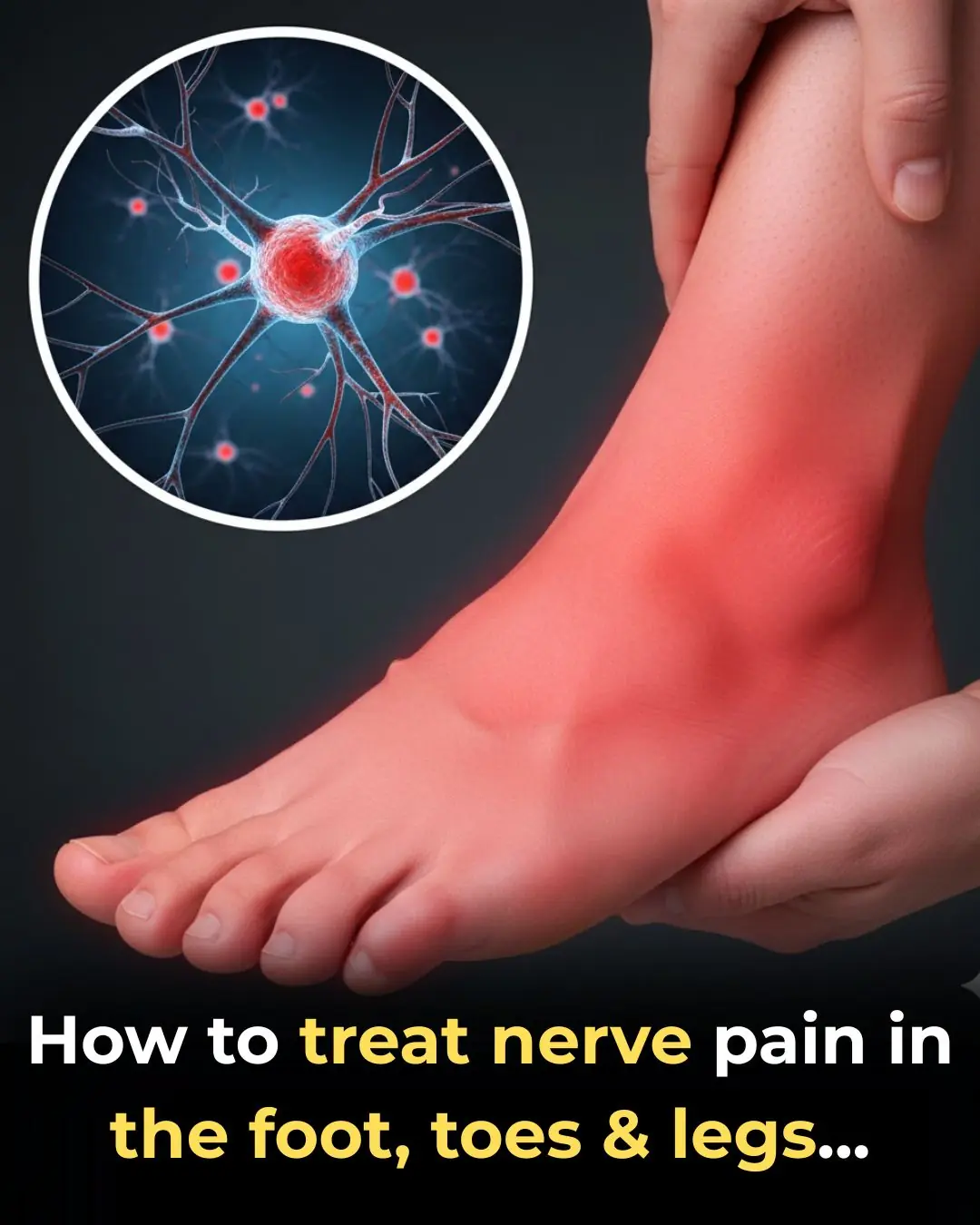
How to treat nerve pain in the foot, toes & legs
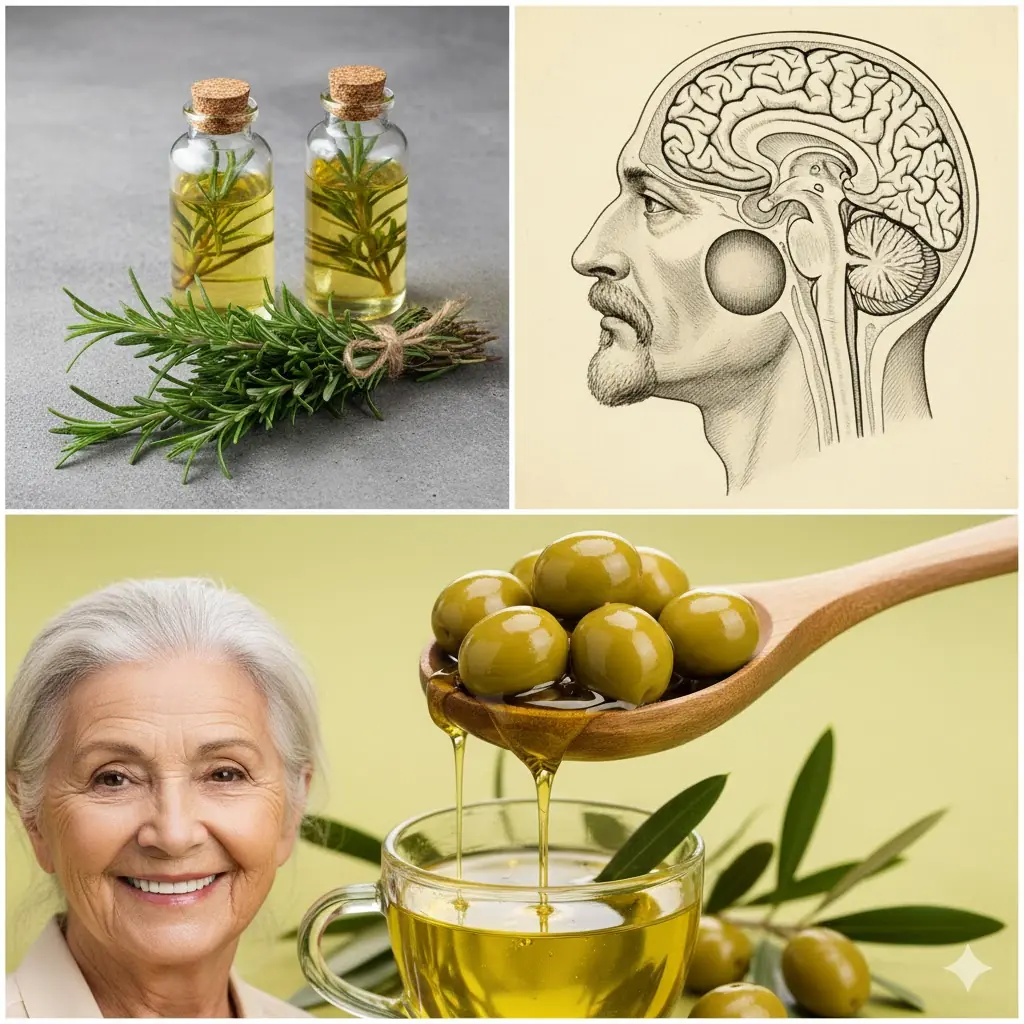
Unlocking the Power of Rosemary Tea: A Natural Elixir for Mind, Body, and Soul
News Post

Dirty fan? No need to remove the frame or use water: This simple method makes your fan spotless and shiny

Revolutionary Alzheimer's Treatment: Sound Waves Used to Remove Brain Plaques and Restore Memory

WHAT IS THROMBOSIS? SYMPTOMS AND HOW TO PREVENT IT
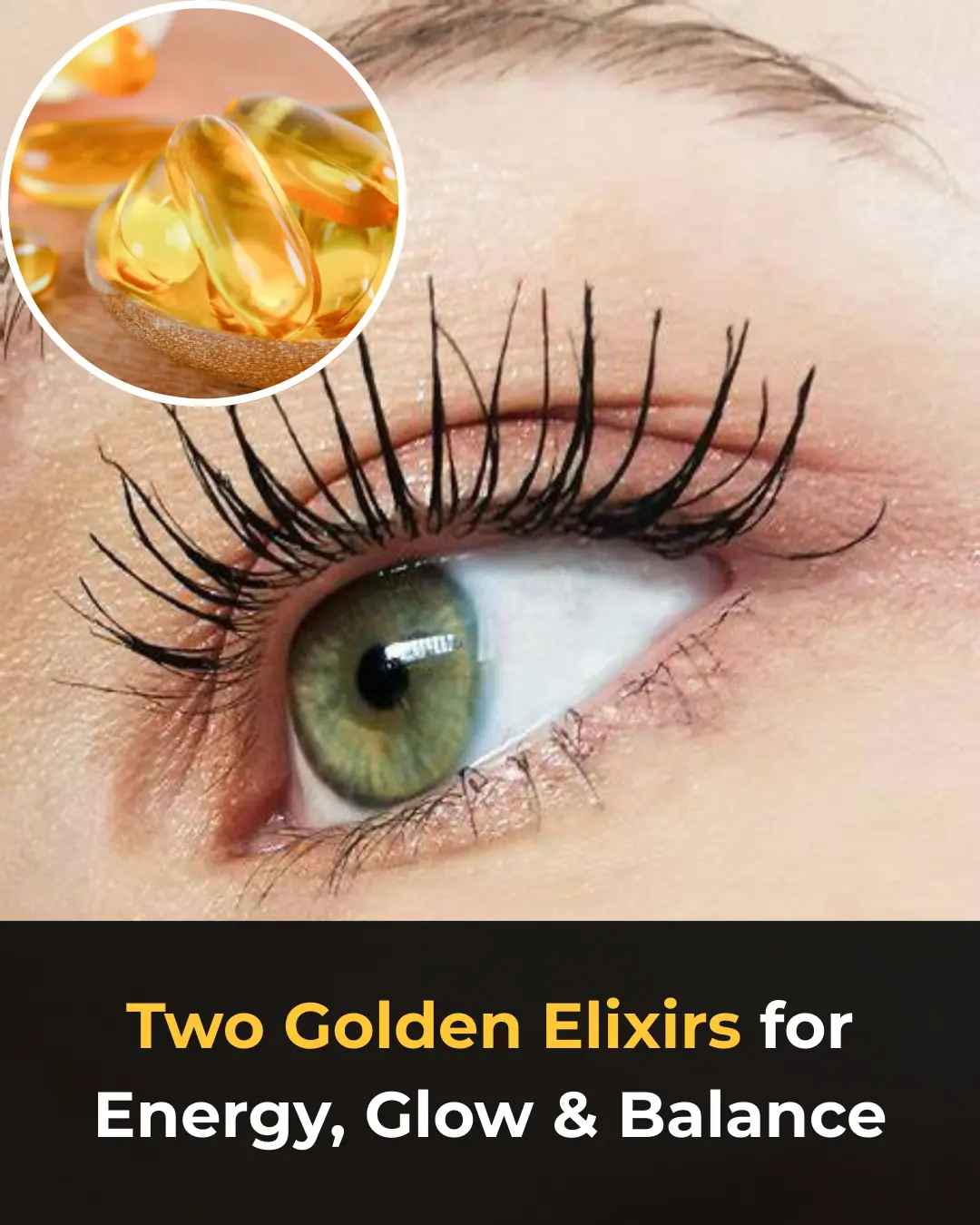
Natural Eyelash Growth Remedies – Oils, Serums & Home Treatments

From Space to Earth: The Science Behind Felix Baumgartner’s Record-Breaking Jump

Transforming Oil into Green Prosperity: The Success of Norway’s Sovereign Wealth Fund

Maximize Broccoli's Cancer-Fighting Power: The Simple Trick That Boosts Sulforaphane Formation
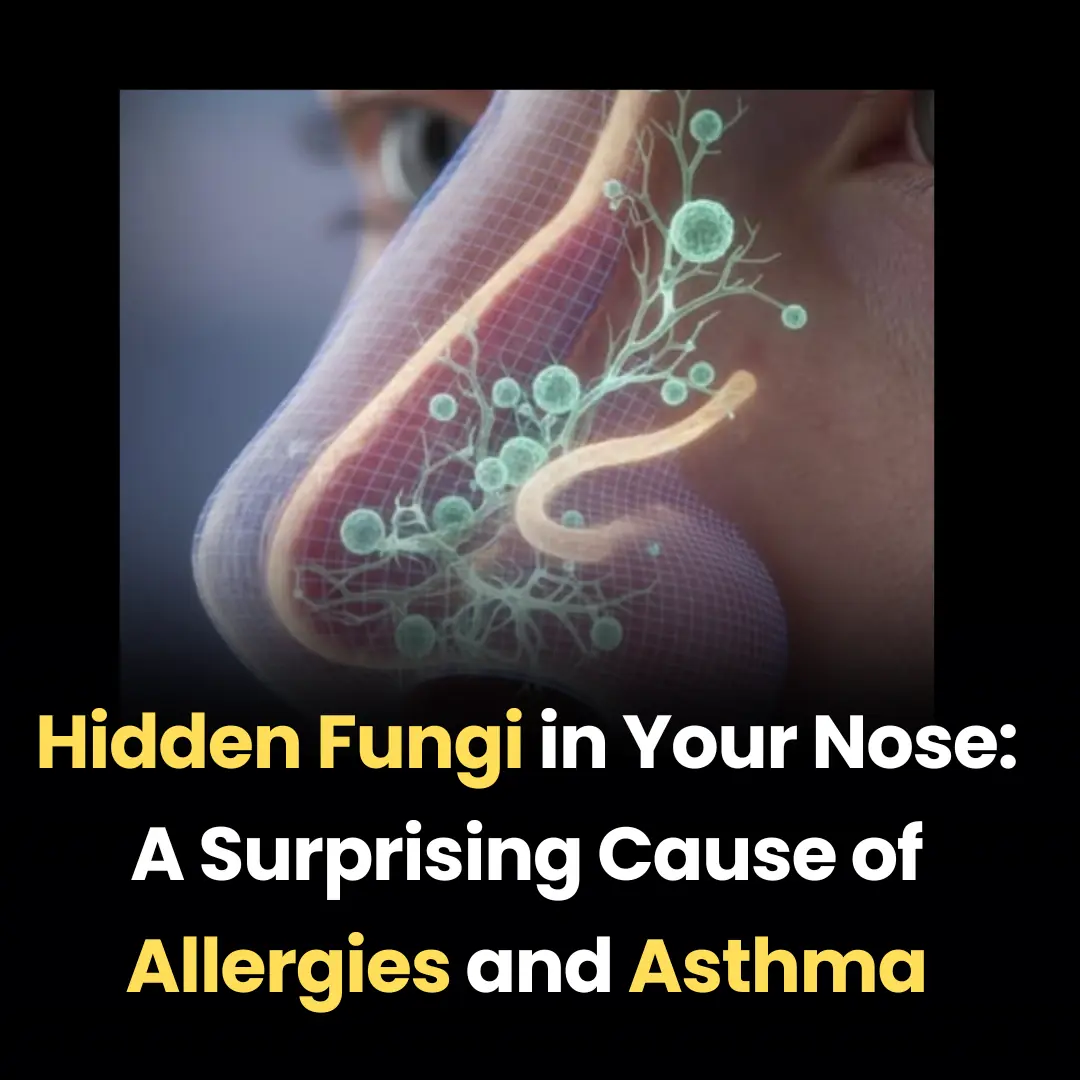
Hidden Fungi in Your Nose: A Surprising Cause of Allergies and Asthma

From Dialysis to Remission: How New Drugs Are Changing the Fight Against Chronic Kidney Disease

The Hidden Beauty of Grass: Discovering Smiling Faces Under the Microscope

The Quiet of Blue Whales: How Climate Change is Affecting Whale Behavior and Ecosystems

The Arrival of Mosquitoes in Iceland: A Sign of Shifting Ecosystems and Public Health Risks

PP405: A Promising New Drug That Could Revolutionize Hair Loss Treatment by Reactivating Dormant Hair Follicles

Astronomers Capture Groundbreaking Image of New Solar System Formation

Denmark's 'Rolling Grocer' Initiative Brings Fresh Food and Community Connection to Rural Seniors

Mosquitoes Discovered in Iceland for the First Time: A Warning of Climate Change Effects

Denis Vashurin: The Man Who Appears as a Teenager Despite Being in His 40s

M.K. Prakasan: The Teacher Who Swims 12 km Daily to Educate Students in Kerala
